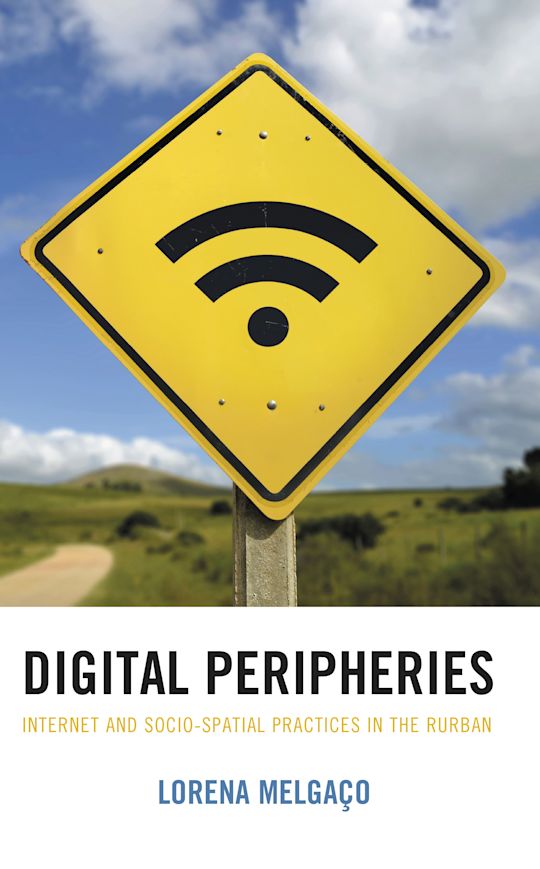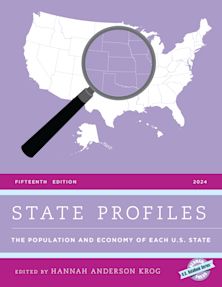Digital Peripheries
Internet and Socio-spatial Practices in the Rurban
Digital Peripheries
Internet and Socio-spatial Practices in the Rurban
This product is usually dispatched within 2-4 weeks
- Delivery and returns info
-
Flat rate of $10.00 for shipping anywhere in Australia
Description
Despite an unprecedented presence of digital technologies in the everyday, a clear urban/non-urban divide in accessing and effectively using the internet remains. This divide is identifiable not only in the Global South—perceived as peripheral—but also in the Global North—regarded as advanced and the motor of technological development. Such a phenomenon suggests the emergence and endurance of socio-technological peripheries, places where socio-spatial inequalities are reinforced by unjust access to the internet.
To understand how such peripherality is manifested and challenged in rurban settings—where the rural and the urban mingle and clash—the first part of this book draws from dependency theory and the decolonial thinking to discuss the impacts of uneven production, access, and use of digital technology. The second part draws on Actor-Network Theory as a methodological frame to understand the recursive entwinement of the everyday and the use of the internet in three villages: two in Brazil and one in the UK. By bringing to the fore challenges that cross North-South divides, Digital Peripheries proposes an open theory of the connected rurban as a framework that addresses and accommodates the specificities of these communities in the twenty-first century.
Table of Contents
Acknowledgements
Chapter 1: The Emergence of the Connected Rurban: An Introduction to the Process of Socio-Technological Peripheralization
Part 1: Developing An Appropriate Lens To Look At The Connected Rurban: A Multilevel Approach
Chapter 2: Setting The Context
Chapter 3: Peripherality And The Everyday Of The Rurban: Rethinking Methodology
Part 2: An Introduction To The Everyday: On People, Places And The Internet
Chapter 4: Santo Antônio do Salto
Chapter 5: Pendeen
Chapter 6: Noiva do Cordeiro
Part 3: From The Global To The Everyday And Back Again: Bottom-Bottom Tactics As Means To Social Transformation?
Chapter 7: Understanding Multilevel Peripherality In The Connected Rurban
Chapter 8. A Conclusion, Or The Opening For Another Conversation: For An Open Theory Of The Connected Rurban
References
Index
About the Author
Product details
| Published | 16 Aug 2022 |
|---|---|
| Format | Hardback |
| Edition | 1st |
| Extent | 178 |
| ISBN | 9781786609601 |
| Imprint | Rowman & Littlefield Publishers |
| Illustrations | 3 b/w photos; 8 charts; |
| Dimensions | 236 x 158 mm |
| Publisher | Bloomsbury Publishing |
Reviews

ONLINE RESOURCES
Bloomsbury Collections
This book is available on Bloomsbury Collections where your library has access.



































